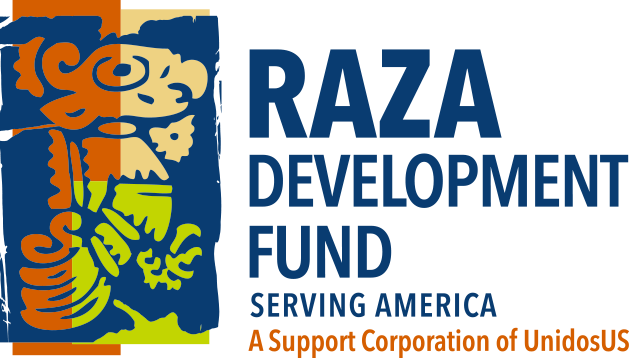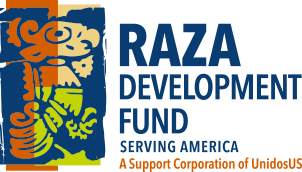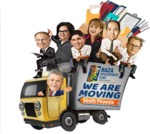Non-stop Non-profits: How Their Work Brought Real Pandemic Relief
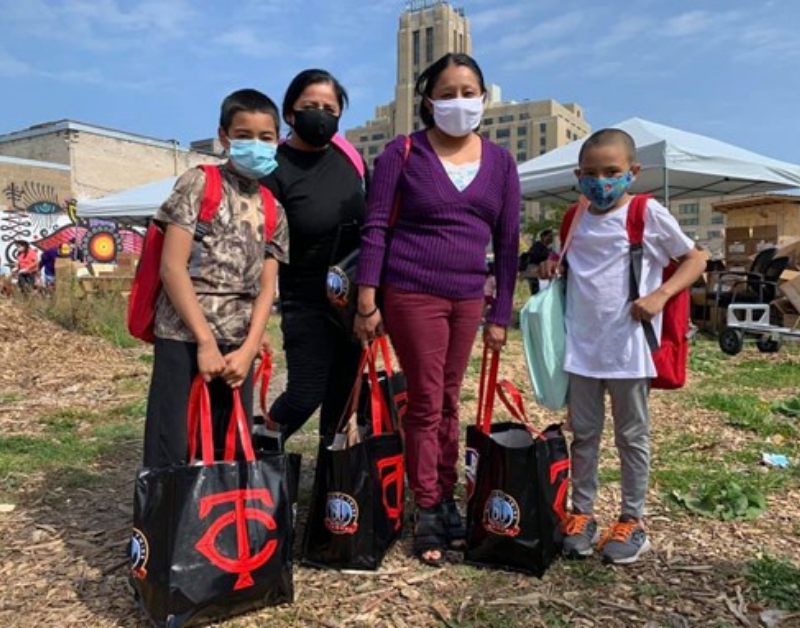
As Community Development practitioners, we see first-hand how the inequities in housing, health, and education impact the communities we serve. The COVID-19 public health crisis has exposed these inequities and shed much-needed light on the disproportionate impacts for the poor and communities of color.
According to recent articles by the Kaiser Family Foundation and Health Affairs, people of color are:
- at an increased risk for serious illness if they contract COVID-19 due to higher rates of underlying health conditions, such as diabetes, asthma, hypertension, and obesity compared to Whites;
- more likely to be uninsured and to lack a regular provider of care (an impediment to accessing COVID-19 testing and treatment services);
- more likely to work in the service industries such as restaurants, retail, and hospitality that are particularly at risk for loss of income during the pandemic and do not provide the flexibility to work from home; and
- more likely to live in housing situations, such as multigenerational families or low-income and public housing that make it difficult to social distance or self-isolate.
While governments, medical experts, and public health officials struggled with emergency responses to the coronavirus outbreak, we saw remarkable community development organizations around the country do what they do best: step up to take care of their communities’ needs. They did not have time to sit back and analyze the best solution or even know how they were going to find the money for the new program they were starting, they just knew their community was suffering, and they needed to help.
As the Director of Specialty Finance at Raza Development Fund, I work to find capital solutions that help non-profits create more affordable housing, develop new health clinics in medically-underserved areas, and increase economic opportunities, such as a coding academy, in rural communities. My job allows me to travel around the country and meet one on one with these remarkable organizations. I am always amazed by the work they do and their love for the communities they serve. These site visits are energizing and extremely fulfilling to me.
Today as I work from home, staring at a computer and not having traveled in over 9 months, I sorely miss the in-person visits and community connections. And then, I receive an email update from one of our non-profit partners, and my heart is warmed as I read about the work they are doing.
I have worked in the non-profit sector for 15 years, and I know one of the hardest things for a non-profit to do is tell the story of their work, engage the broader public, and share the impacts they have. During this tragedy of COVID-19, when non-profits are running non-stop, some organizations have found ways to tell their story. I want to share a few of them with you.
Healthcare | Esperanza Health Care Center- Chicago, Illinois
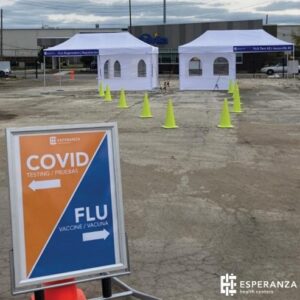 Esperanza has several clinics in Chicago’s Southwest Side neighborhoods that are predominately Latino. They started doing COVID-19 testing in the Spring when they realized their community was not getting access to testing. According to Justin Hayford of Esperanza, they are performing over 300 tests a day, and since the beginning, have completed over 20,000 tests. 60% of those they have tested are new to Esperanza, and 50% do not have health insurance. Positivity rates for the second wave were starting to decline in late November, but they are still averaging about 18%. They are proud to say that they have been able to employ 10 contract tracers from the community.
Esperanza has several clinics in Chicago’s Southwest Side neighborhoods that are predominately Latino. They started doing COVID-19 testing in the Spring when they realized their community was not getting access to testing. According to Justin Hayford of Esperanza, they are performing over 300 tests a day, and since the beginning, have completed over 20,000 tests. 60% of those they have tested are new to Esperanza, and 50% do not have health insurance. Positivity rates for the second wave were starting to decline in late November, but they are still averaging about 18%. They are proud to say that they have been able to employ 10 contract tracers from the community.
In addition to providing health care services, Esperanza has always contributed a portion of their revenue to a Patient Emergency Fund. This fund helps patients with immediate financial support for rent, utilities, food, and medications. Since COVID-19, they have increased their contributions to the Fund and on Giving Tuesday secured an additional $20,000+ in donations for the Fund.
Learn more about Esperanza’s work by visiting their website.
Social Service Organization | Comunidades Latinas Unidas En Servicio (CLUES)
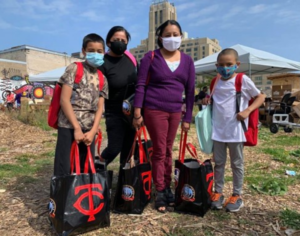 Founded in 1981, CLUES is Minnesota’s largest Latino-led non-profit organization. Today, they have programming that supports transformational change and builds community by using racial disparities and equitable access as critical lenses through which they prioritize their systems change work.
Founded in 1981, CLUES is Minnesota’s largest Latino-led non-profit organization. Today, they have programming that supports transformational change and builds community by using racial disparities and equitable access as critical lenses through which they prioritize their systems change work.
In response to COVID-19 and the devastating effect it has had on Latino communities, CLUES jumped in and started administering funds from the state for their housing assistance program. The housing assistance payments help those that have been adversely affected by COVID-19 and are struggling to pay their rent or mortgage and utilities. Because many of the families they serve are undocumented, they also raised $1 million from community members to support those that were not eligible to receive funding under the state program.
Another response to the impact of COVID-19 on their community, was how CLUES has begun a Savings Circle Fund, which supports Latinos impacted financially by this crisis. The program provides funding for micro businesses, entrepreneurial projects, pays for work tools, access to transportation and other expenses that are the result of an effort to generate a new revenue source for their families. The 6-month long program provides a match of $2 for every $1 saved by participants over that 6-month period. During this period participants will become banked and will learn business management and credit building skills. The Fund was seeded by a $100,000 challenge grant from an anonymous donor.
Because of the work they do in the community and their recognition as a community hub, they have partnered with a local hospital as a site to provide COVID testing in their parking lot and distribute 500 family food baskets per week.
Learn about the extensive programming the 110 employees and 600 volunteers provide to the Latino community in both St. Paul and Minneapolis as well as greater Minnesota on their website.
Education | Austin Achieve Public Schools
 Austin Achieve is a tuition-free, open-enrollment public charter school that prepares East Austin youth to attend and excel at top universities. They use a “whole child” approach of teaching beyond the classroom that includes guidance counseling, restorative justice (think peer to peer mentoring, community service, and a zero-suspension policy), and family-based social services.
Austin Achieve is a tuition-free, open-enrollment public charter school that prepares East Austin youth to attend and excel at top universities. They use a “whole child” approach of teaching beyond the classroom that includes guidance counseling, restorative justice (think peer to peer mentoring, community service, and a zero-suspension policy), and family-based social services.
The challenge for Austin Achieve to provide equitable opportunities for their scholars was intensified by the COVID 19 pandemic, and they have overcome the challenges by serving 730,000 meals to the Austin Community through a free, contactless home-delivery service while employing 40 people to distribute the food, many of them Austin Achieve parents who are under-employed or unemployed due to COVID-19. Additionally, they provided over $20,000 in emergency funds to families in need
In an effort to bridge the digital divide, they have ensured that 100% of the 2,200 student scholars have personal learning devices and those without access to the internet have received assistance signing up for no-cost community access programs, or they have received a district hotspot.
Because college prep is core to Austin Achieve, each year, the school celebrates the accomplishment of the students by holding a Decision Day gathering where students announce the college they have chosen to attend. Decision Day 2020 was held virtually but was none the less exciting for the students and their families. You can watch the virtual Decision Day here.
These are just three of the amazing projects we have funded around the country, and there are dozens more like them. Local non-profits don’t always get the attention from individual donors that large non-profits do, but if you have been blessed with a secure job during this crazy time and are looking for a way to help, please consider supporting organizations such as these that are making a difference in their communities.
